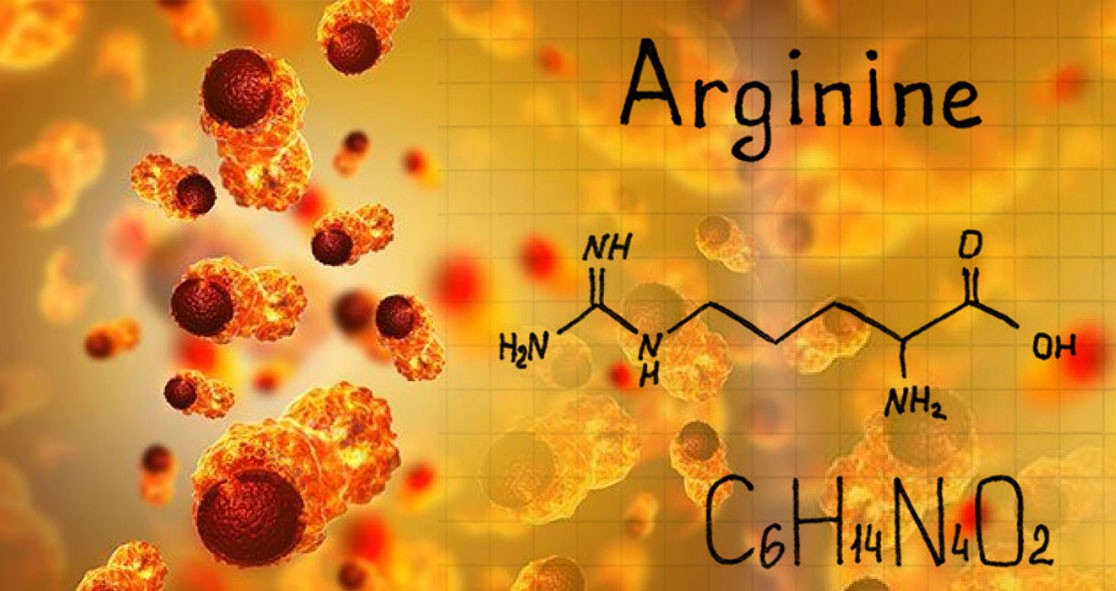Researchers at Weill Cornell Medicine and Angel H. Roffo Cancer Institute have found that arginineenhanced the efficacy of radiotherapy in cancer patients with brain metastases, according to Science Daily.
The researchers, who published their findings last week in Science Advances, reported the efficacy of oral arginine before standard radiation therapy in more than 30 patients who had brain metastases.
The findings suggest that arginine might be useful more broadly as an anticancer therapy.
Senior study author Dr. Leandro Cerchietti said, “Based on these findings we should continue to investigate arginine in combination with radiotherapy but also in combination with chemotherapy or immunotherapy, and even arginine on its own.”
Arginine, an inexpensive oral drug, is one of the amino-acid building blocks of proteins. Also called L-arginine, it can easily pass through blood-brain barrier (BBB).
The idea of using arginine to treat cancer came from observations that tumors often aid their own survival by producing high levels of the related molecule nitric oxide (NO), according to Science Daily.
NO regulates several processes in the body, including the blood flow by dilating blood vessels. In addition, tumors cells make more NO by overexpressing their production of special enzymes known as NO synthases. This enzyme synthesizes NO from arginine.
So, reducing NO production could exploit tumors’ dependence on this molecule. The researchers hypothesized that boosting NO production instead by adding its precursor arginine might be beneficial.
Lead author Dr. RossellaMarullo said, “Nitric oxide is a reactive molecule that on its own, or through other reactive molecules derived from it, can stress and damage a cell — so a cell can tolerate only so much of it.”
“Overloading a high-NO tumor with much more NO prior to radiation treatment could weaken the tumor’s ability to repair radiation-induced DNA damage,” she added.
The study’s promising findings have prompted the researchers to start and plan further studies of arginine on its own or in combination with other anticancer therapies.
Dr. Cerchietti said, “In principle any tumor that overexpresses NO-producing enzymes would be vulnerable to arginine treatment — and such tumors are very common.”
However, he cautioned that further studies are needed and patients should seek medical help before using any supplements during cancer treatment.





















